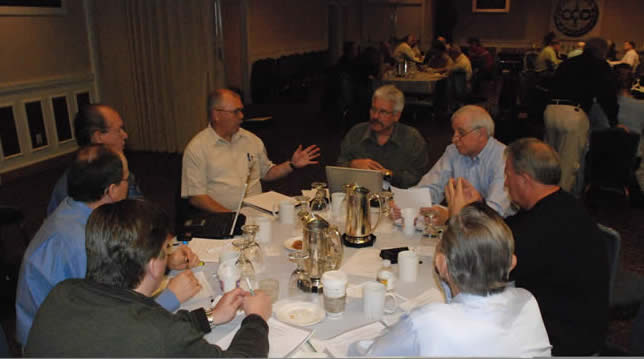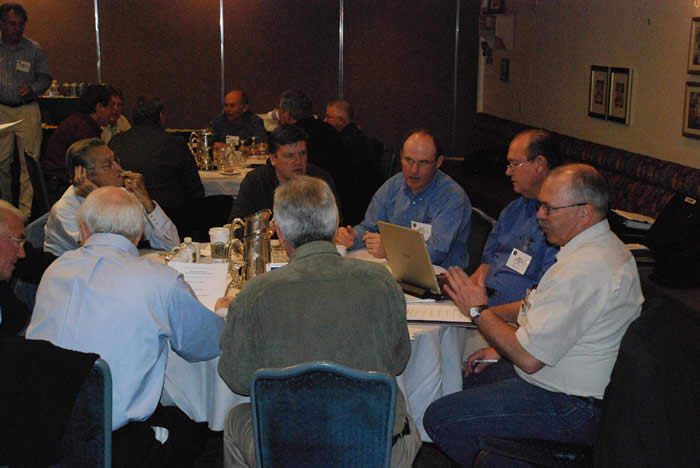February 2008 - Certification programs for riggers and signalpersons will become a reality later this year as the National Commission for the Certification of Crane Operators (NCCCO) makes significant progress in development of its two new programs.
The two task forces NCCCO set up in April last year are well on their way towards completion of separate programs aimed at helping to “complete the loop” with regard to crane safety on construction sites. “The role of the crane operator, and the need to ensure he or she is qualified, is well understood,” said NCCCO Commission Chairman, Kerry Hulse. “What these new certifications are geared towards is ensuring that crane operators are given safely rigged loads to lift in the first place, along with accurate visible or audible directions on where to place them.”
Both programs will consist of a written and a practical examination. “Development is being “double-tracked” to speed things along and provide for optimum synergy between the two Task Forces,” said NCCCO Manager, Program Development, Phillip Kinser. The Task Forces are made up of some 60 volunteers, representing all facets of the industries that use cranes in construction, and all of them are active in their field. Identified as subject matter experts (SMEs), and trained by NCCCO in program development, they have been meeting approximately every six weeks since the Task Forces were established last April.

By last December, a Job Analysis had been conducted for both programs in accordance with the Standards for Educational and Psychological Testing. In addition, SMEs in each Task Force have now identified the necessary knowledge and skills for each activity, and grouped them into content areas. Don Jordan, Rigging Task Force Chairman, noted that, for riggers, these focus on: the scope of the rigging activity, planning the rigging activity, selection of rigging components, inspection of rigging, and finally the execution of the rigging activity.
The Signalperson Task Force has grouped the knowledge that signalpersons need to have also into five areas: know and understand both hand signals and voice communications, have a basic knowledge of crane operations, understand specific considerations concerning the construction site (“situational awareness”), and know applicable safety standards and regulations. “All the knowledge statements the Task Force has selected for its five content domains have been identified as being critical to the task of signaling crane operators safely,” said Signalperson Task Force Chairman, Kenny Shinn.

“Although there are currently no state or federal requirements for either riggers or signalpersons to be certified, all construction personnel must be qualified, and CCO certification is a means of ensuring this is the case,” said NCCCO Executive Director, Graham Brent. In addition, he noted that the Federal Proposed Rule that would revise 29 CFR 1926.550 contains specific qualification requirements for both.
On current schedule, Brent added, signalperson certification should be available by mid-year, with rigger certification following closely on behind.